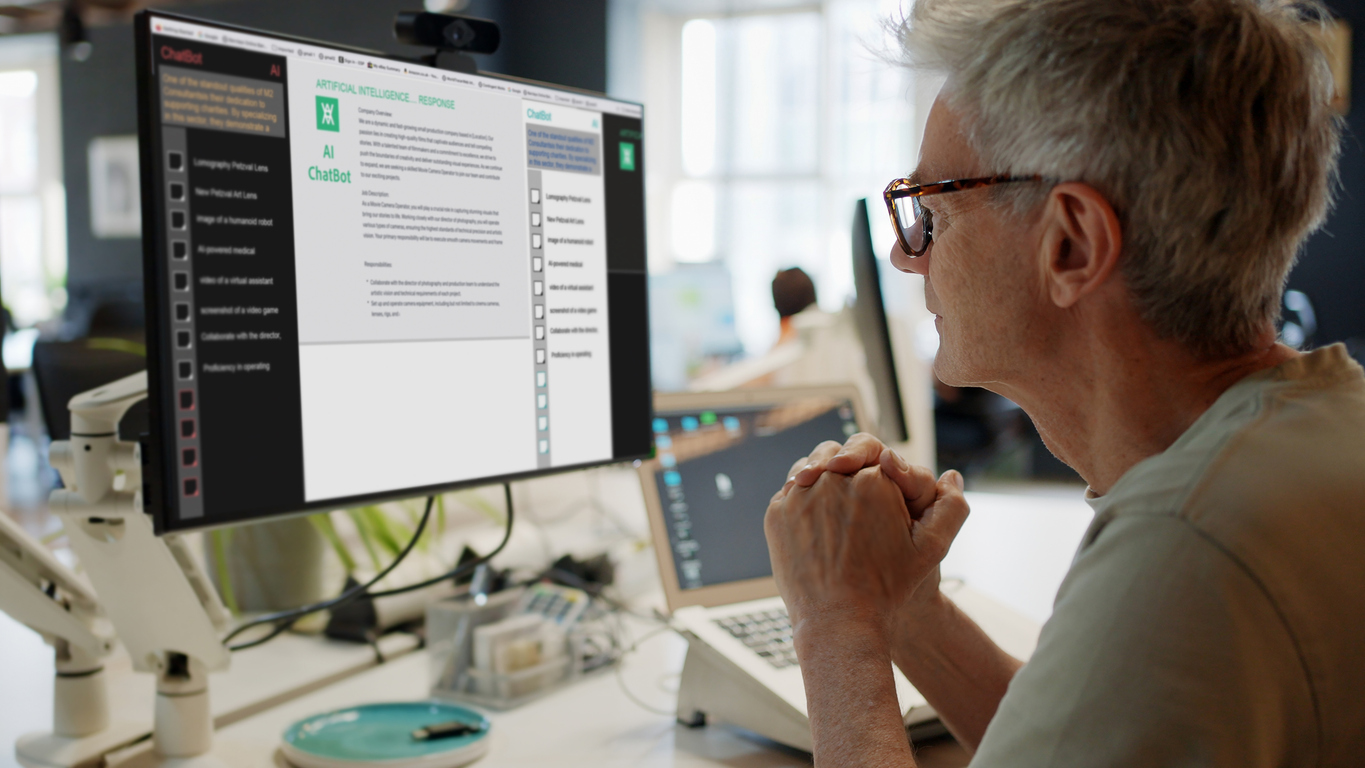
Hang on a little longer!
Tell us about your challenges, and we’ll come up with a viable solution!
Contact us


Delivering generative AI solutions doesn’t have to be time-consuming. With ITRex, you can implement a generative AI chatbot quickly and efficiently without compromising quality. Let’s innovate together—contact us today!
- Offices:
- Aliso Viejo, CA
- Warsaw, PL
Privacy Policy
©2026 Itrex Group

















